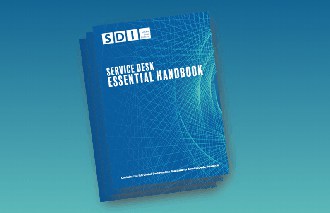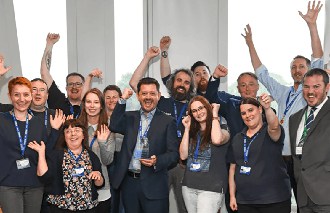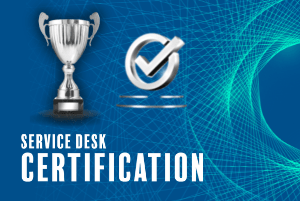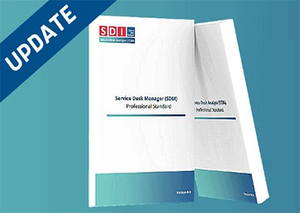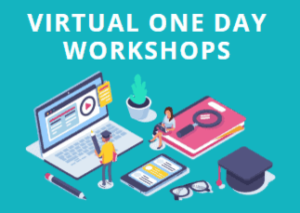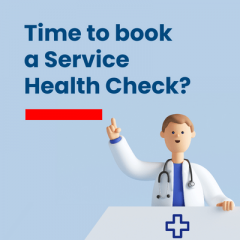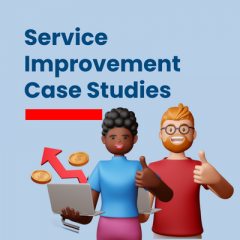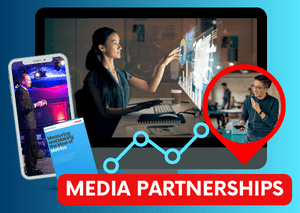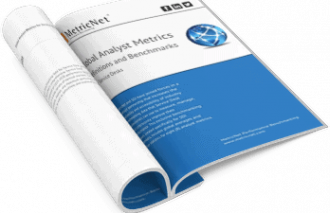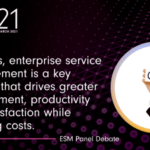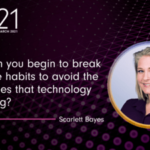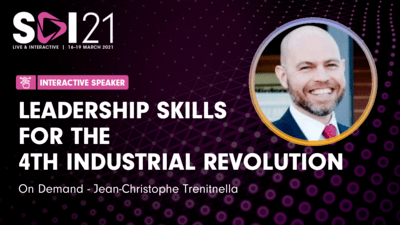
Jean-Christophe Trentinella, Consultant, Mindful Onwards & SDI21 Keynote speaker
In preparation for the Fourth Industrial Revolution, the World Economic Forum published a report in 2018 titled “The Future of Jobs: Employment, Skills and Workforce Strategy for the Fourth Industrial Revolution.” Drafted as a call to action to help governments, businesses, and individuals adapt their skillset for the future, the report outlined a list of 10 essential work-related skills for 2020. Out of the ten, four are relational skills that heavily rely on emotional intelligence and can be developed through “Search Inside Yourself”.
What is Search Inside Yourself?
Developed at Google in 2007 as an internal course by a team of experts in the fields of neuroscience, psychology, and emotional intelligence, Search Inside Yourself rapidly became its most popular training programme. In 2012, this ground-breaking neuroscience-based leadership, emotional intelligence, and mindfulness programme became accessible outside of Google and has been delivered since all around the world within corporate organisations.
Often described as life-changing, the benefits of Search Inside Yourself range from enhanced focus and motivation to increased creativity and collaboration, greater resilience to stress, better overall wellbeing, and outstanding leadership. Not surprisingly, organisations such as SAP, LinkedIn, or Ford, among others, have adopted it.
What is Emotional Intelligence?
John Mayer and Peter Salovey, the two researchers who coined the term “Emotional Intelligence” defined it as the ability to understand and manage your own emotions, as well as identify and influence the emotions of other people. Or, in other words, how to channel emotions in a way that works for you. Daniel Goleman elaborated on their research to develop an Emotional Intelligence framework directly applicable to the workplace.
Why is Emotional Intelligence relevant?
According to career change statistics, the average person will change careers up to five or seven times in their working life. And the rise of Artificial Intelligence (AI) is also already having a significant impact on the workplace. As a result, your hard skills may not transfer from one career to another or they may become obsolete.
Research also shows that a person’s emotional intelligence (or EQ) can be a more useful predictor of success than their IQ. It’s also correlated with desirable attributes such as better resilience, employability, or leadership potential.
By learning the skills of emotional intelligence, not only are you acquiring skills that translate from one role to the next, but you’re investing in your long-term career growth by becoming an effective leader.
How to develop emotional intelligence?
In Search Inside Yourself, you first develop an experiential understanding of mindfulness, which allows you to be aware of “what is happening in the present moment in your mind, body and external environment” (Mindful Nation UK Report). Mindfulness enables you to develop a higher resolution of your emotions and constitutes the foundation from which stems all the building blocks of emotional intelligence.
Through different types of mental exercises, you develop a clearer, sharper, and more focused mind. Based on the finding by neuroscience that everything you think, do, or pay attention to changes the structure and function of your brain, these practices create new pathways in your brain.
There are two types of practices, the “dedicated practices” and the “integrated practices”. The first ones are comparable to going to the gym where you train a particular muscle group – here a specific mental faculty – for a dedicated time at regular intervals. The particular benefits of the practice will ripen over time as you grow accustomed to it and develop your “attention muscle”. The other type, the “integrated practices” are small, portable, and discreet tools that you can use in the moment when you need them. They’re particularly adapted to the work environment.
These practices, reinforced over time, generate new habits leading the way for a happier, healthier, and more efficient version of yourself in the workplace as well as in general life.
Keen to know more?
If you’d like to learn more about Emotional Intelligence, then hopefully you’ll be able to attend my session at the SDI20 conference to learn:
- What mindfulness and Emotional Intelligence is.
- How they’re relevant to your organisation.
- The one value that constitutes the cornerstone of creativity, performance, and collaboration in teams.
- How to help your team perform at its best.
- How to become a better leader.
See you there?
